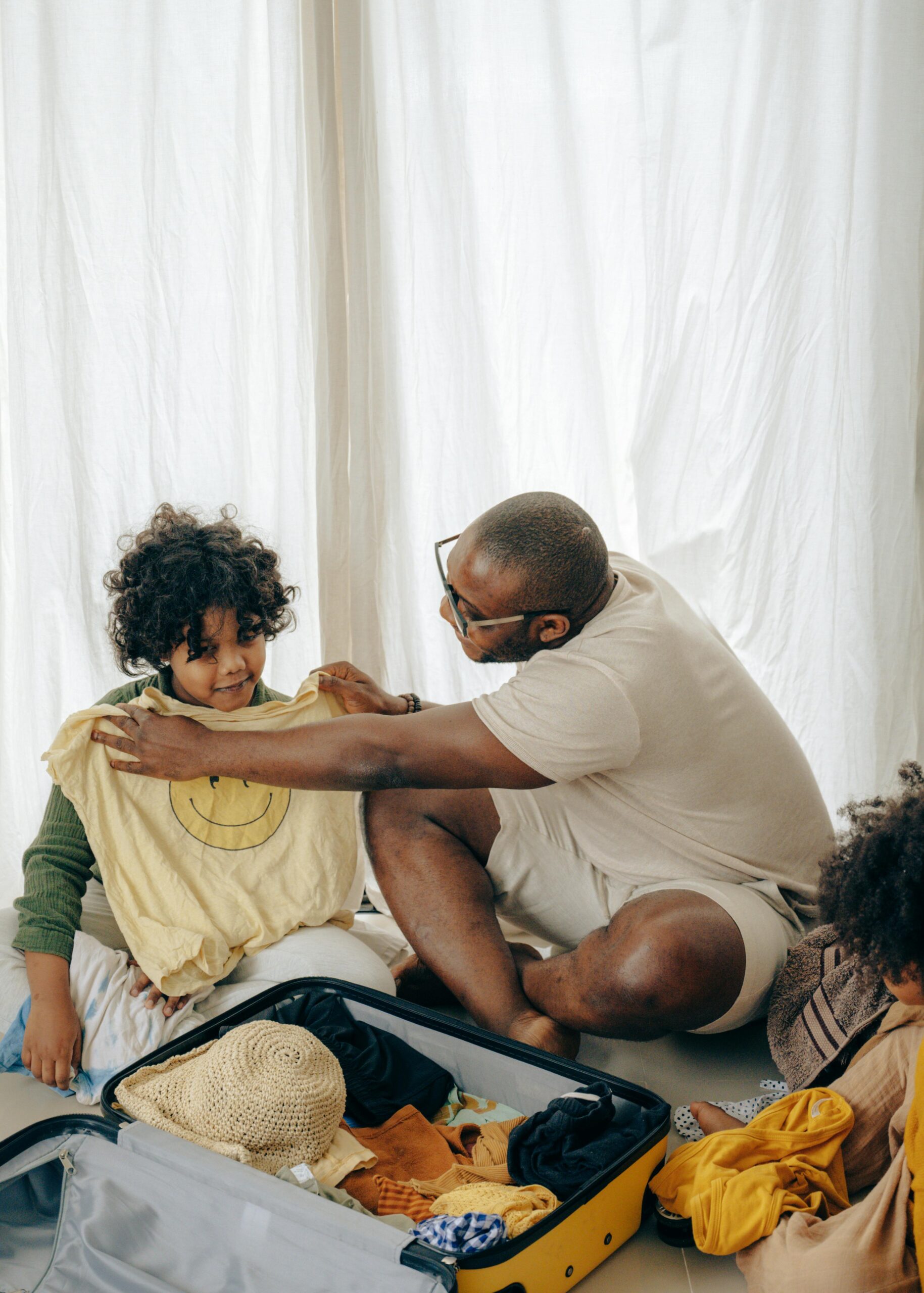A parent shared with me that her daughter refused the costume she ordered from Amazon for the World Book Day. Apparently, her daughter was told by the class teacher to choose a word and dress in line with that word to school. Everyone in her class would then be given an opportunity to talk about their unique word and why they chose it. According to mum, immediately the custome arrived, she said, “Mum, I don’t want this, I don’t like it.”
Mum responded, “But, it was your choice; I showed it to you, and you liked it, so I placed the order.” She refused breakfast, refused to wear a costume and she was crying and upset on World Book Day. ‘I still managed to take her to school, and explained everything to the teacher,” her mum told me.

Humility and patience are major skills required as an intentional parent; otherwise, how can your child make you place an order only for it to arrive then changes her mind and throws a tantrum. These are, however, common behaviour amongst children; children are impulsive in nature—they can change their mind at any time.
For breakfast, my daughter asked for porridge a few weeks ago. After making it, I said: “Oma, your breakfast is ready.”
She replied, “I don’t want porridge anymore; I want cornflakes.”
So, I said, “But you asked me to make you porridge.”
She went on, “I don’t want porridge anymore; I want cornflakes.”

Limiting options can be of great help in such cases. For my daughter, I only asked “What do you want for breakfast? Instead, I could have given her two or three options for breakfast. I could have said, “Oma, you can have cornflakes, coco pops or porridge for breakfast, you decide.”
Asking, “What do you want?”, is such a big question for a child to answer. Same thing is applicable to the initial child. In the first scenario, mum could have offered another option or two rather than asking, “Do you like this?” She could only say yes as there were no other options.

The next thing I could have done is to make my limit clear by asking, “Are you sure you want porridge? Because I am going to prepare it, and I expect you to eat it once it is ready, is that ok?” Doing this would help her accept her decision as well as understand that they have consequences. I will not go back to get you cornflakes or anything else after a decision has been made. Once the order is placed, mum is not placing another or returning it when it arrives.
Also, for mum, using empathy will help her give her child all the necessary information about the costume. She could say, “Is this the one you want? That is good, I think it will look good on you—I think you’ve made a good decision.” This will help mum reinforce her child’s decision and she’ll feel better about her choice.
She could also say, “Are you sure you really want this costume? I’m going to place the order now; it will arrive between 2-5 working days, and I’ll expect you to wear it on World Book Day.”

Doing this will help teach her to take responsibility for the choice she has made about her costume, and she will understand that when she has decided—she will need to stand by it. This will help her into adulthood and understanding decisions.
In all of this, be patient and understand that any behaviour your child exhibits is a blessing in disguise. Blessing as it gives you feedback on where you are in your parenting journey, and it helps you think of finding a solution to help your child/children before they grow into adults.



